2019 was a year when tech truly permeated the streets of Lagos and other major cities around the country. From Opay to PalmPay, tech innovations invaded people’s lives, sucking them in, contributing a lot to life and livelihood, and making good money for its owners in the process.
In this post, we pay tribute to these innovative businesses that took our streets by storm and made life easier for a lot of people this year.
Oride, Gokada and MaxNG
2019 witnessed the rise and rise of the Opay super app. Backed by a $50m war chest by parent company, Opera, the super app comprises the payments platform, Opay, the bus-hailing platform, Obus, the hospitality platform, OFood and a host of others.
But the most impressive by far is its bike-hailing business, Oride.
Oride is easily the most popular tech company on the streets this year with Lagosians praising it for its convenience and incredibly affordable service. We, however, reported the result of an investigation which showed that the cost of this seemingly affordable service is born, rather unfairly, by its drivers.
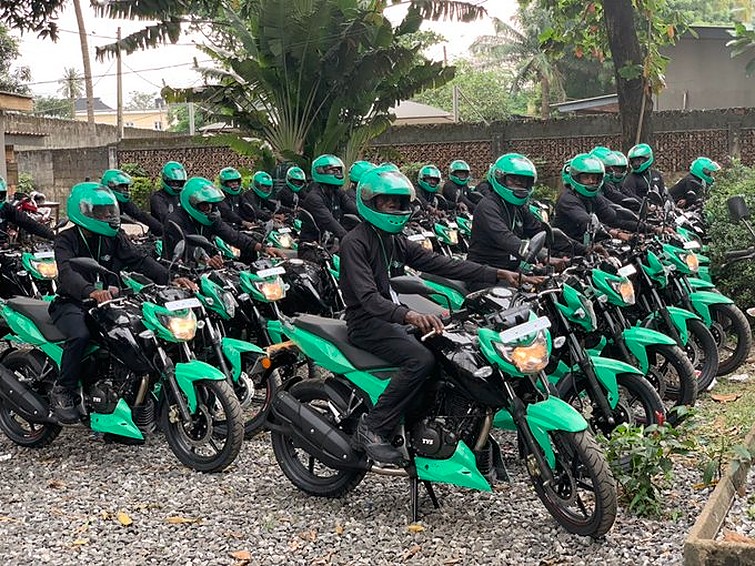

The biggest impact Oride’s entrance into the Lagos/Nigerian market made is that it boosted competition among bike-hailing companies, with Gokada and Max NG suddenly stepping up their games to meet up. They, however, do not have the financial backing Oride has.
While both Gokada and Max NG are their operator’s real businesses, Oride is considered in many quarters as the bait that lures people into the super app, specifically to the payments and mobile money business, Opay. To this end, other services like Oride might not be expected to make profit because their main purpose is bringing in more customers onto the app.
But Nigerians in the streets will largely be unbothered by this because all that really matters to them is that there’s an app that is making their lives easier through provision of very essential services like food and mobility at very cheap rates.
Kudi, Opay, PalmPay, Fortis
2019 also witnessed the mass proliferation of mobile money centers and kiosks across Lagos and Nigeria. With the realisation that banks and other major financial institutions could only cater to roughly 55% of Nigerians, many of which remained under-banked despite having bank accounts, agency banking suddenly spread like wildfire.
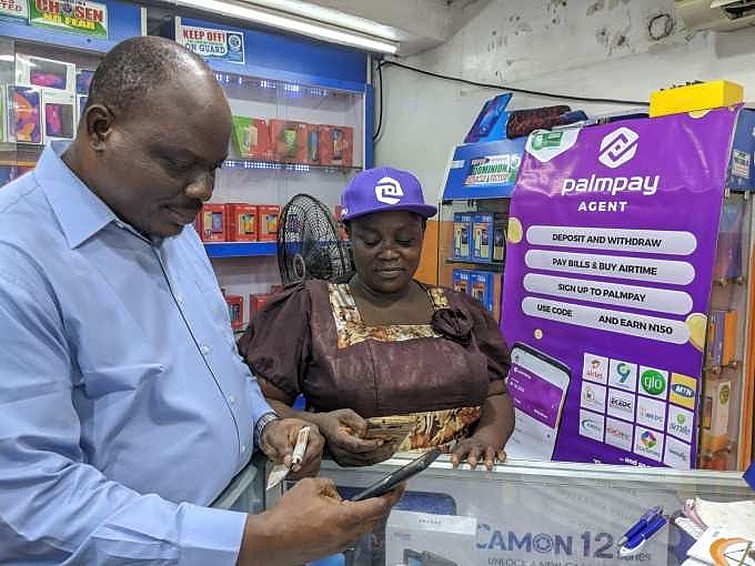

The rise of this agency banking quickly led to the rise of payments and mobile money platforms like Kudi, eTranzact, Fortis, Tingg and Readycash. But Opay and PalmPay remain the biggest competitors, both backed by impressive arsenals of $50m and $40m, respectively.
G-Boat and UberBoat
One of the biggest challenges people in Lagos face is the challenge of transportation. And while bike-hailing and bus-hailing were changing road transportation, another revolution was happening on the waters. First it was G-Boat by Gokada, a boat-hailing service which allows you book a boat to ferry you around.
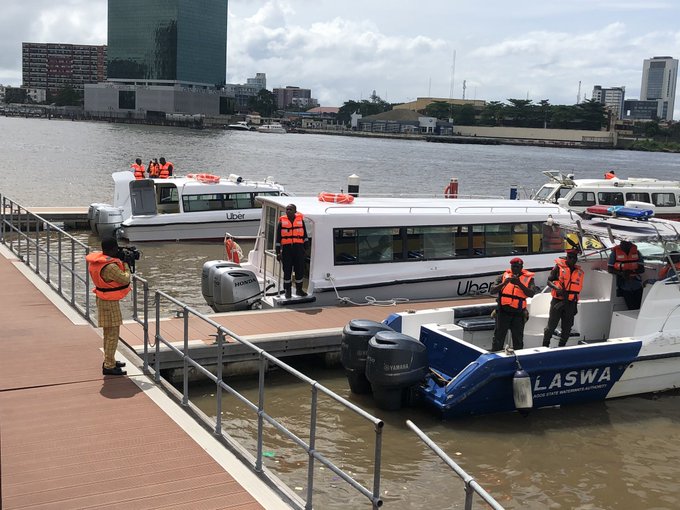

G-Boat’s major problem however was that its services were limited to locations within the Island. Thus, it wasn’t really solving a lot of commuting and traffic congestion problems.
The next entrant, Uber Boat learned from G-Boat’s mistake and launched on a more popular route, Ikoyi to Ikorodu. That was all it took for business to become brisk for Uber Boat.
It remains to be seen what further impact both companies could have on the boat-hailing business.
Plentywaka and Obus
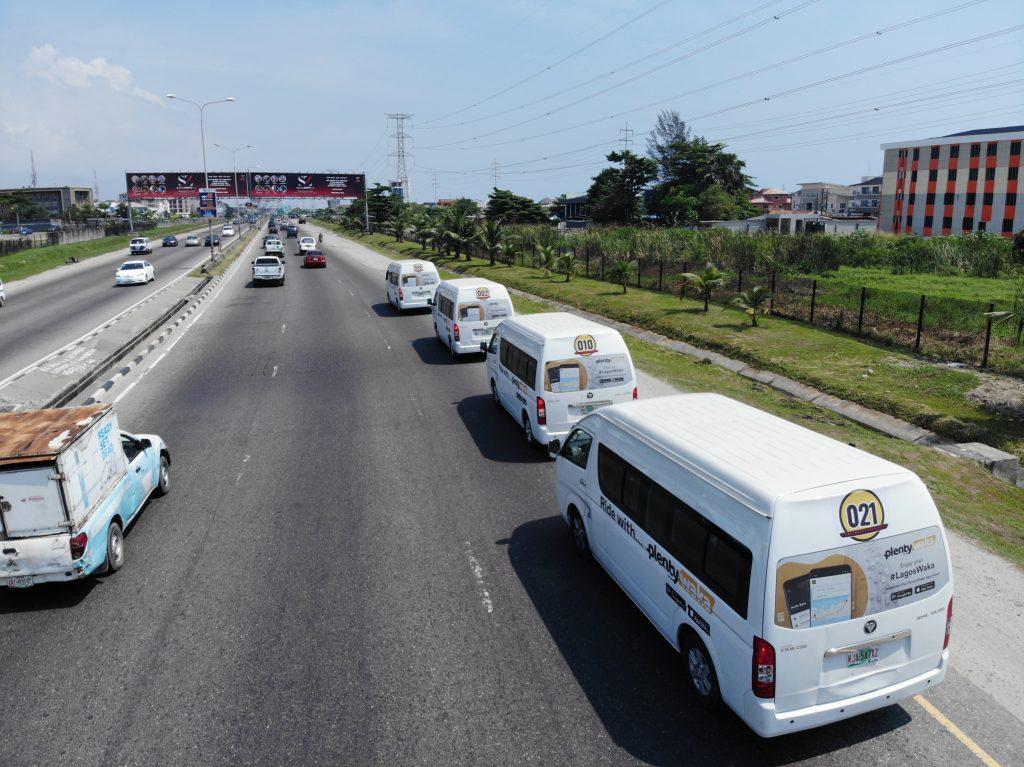

Bus-hailing services also became popular in 2019 but it is unclear which bus-hailing company occupied the streets first. What is clear, however, is that while PlentyWaka colonised the Island routes, OBus rooted itself firmly on the Lagos mainland.
Thus, we had two bus-hailing startups, both in competition yet hardly ever crossing paths.
But expansion is always a common word with startups and both PlentyWaka and OBus are already looking to expand and encroach into each other’s space. This would likely set up a fierce competition in 2020 which could leave other bus-hailing startups like the much publicised but never actualised Swivl struggling to meet up.
FiamWiFi
A major ingredient in the use and application of tech innovations is the internet. But people in low-income areas can’t access many innovations because of the cost of internet. But FiamWiFi, an internet service provider, is looking to fix all that.
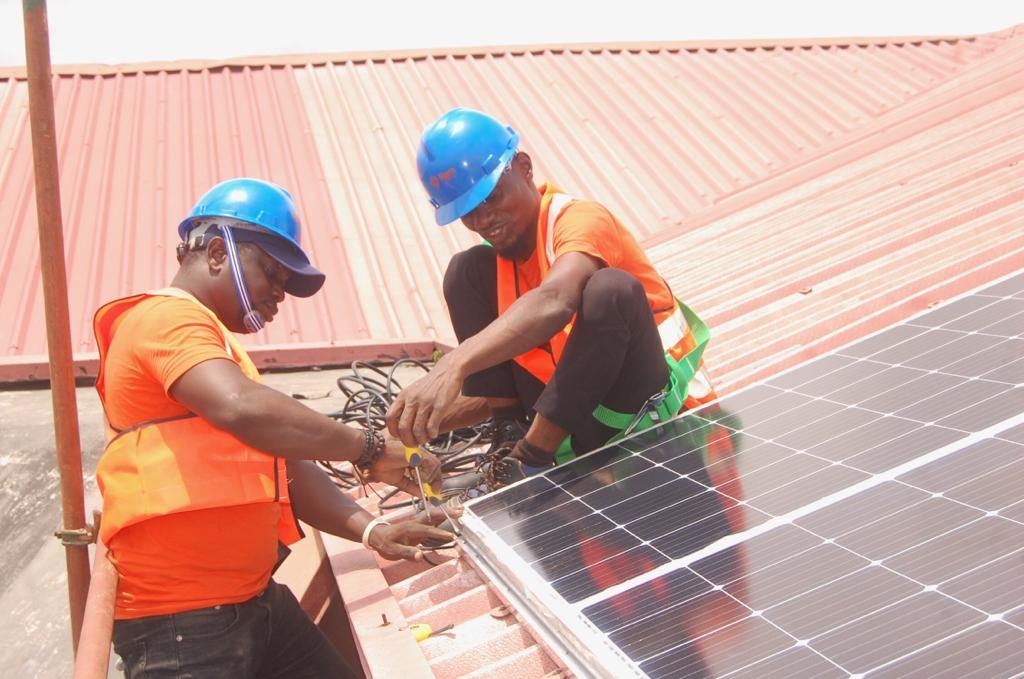

With data that goes for as low as N400 for 1 gigabyte and N1000 for 3 gigs, FiamWiFi is looking to provide low-income areas with affordable internet that is fast and reliable. The service was launched in Ajegunle, Lagos, with plans to expand into areas like Alimosho, Mushin, Oshodi, etc.
We hope FiamWiFi competes effectively with other service providers while achieving their objective of serving users in the poor areas of Lagos.






